B.C. Elders’ Guide
The First Nations Health Authority and Province of B.C. released this BC Elders’ Guide to ensure that Elders, their families and caregivers have access to information about the programs, services and resources they need.
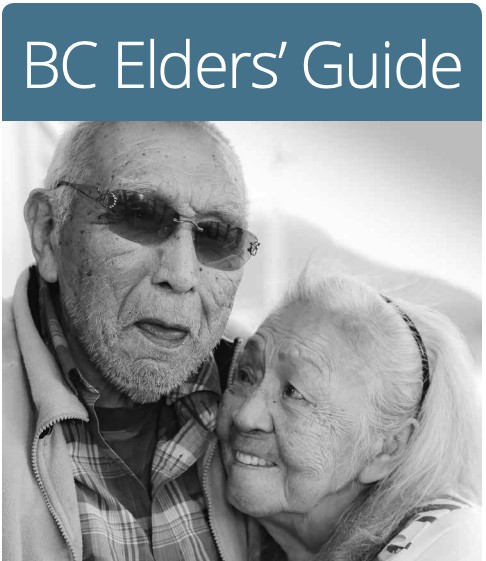
The First Nations Health Authority and Province of B.C. released this BC Elders’ Guide to ensure that Elders, their families and caregivers have access to information about the programs, services and resources they need.
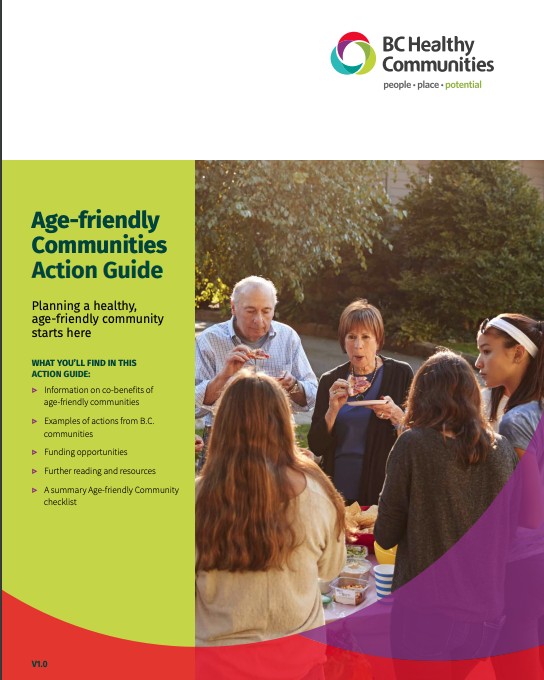
This guide is for local governments of rural and urban communities across British Columbia who want to create active, healthy and thriving places for people of all ages. The number of older adults is growing in communities across B.C., and many want to remain in place—in their homes and communities—as they age. Local governments play…
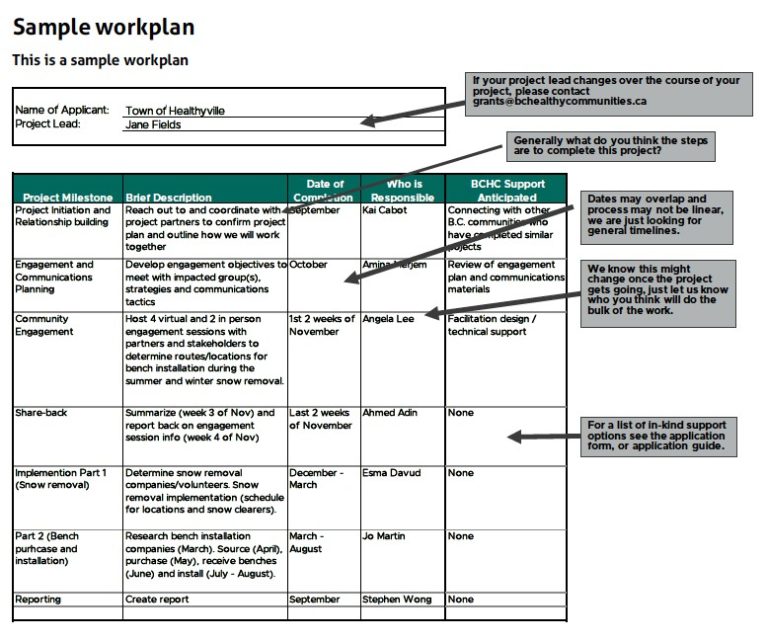
A PDF of an AFC sample budget workplan with notations explaining various steps in the process.

A list of links assembled by BCHC staff for the webinar How to Create Indigenous Partnerships to Inform Healthy Public PoliciesPartnerships & Collaboration
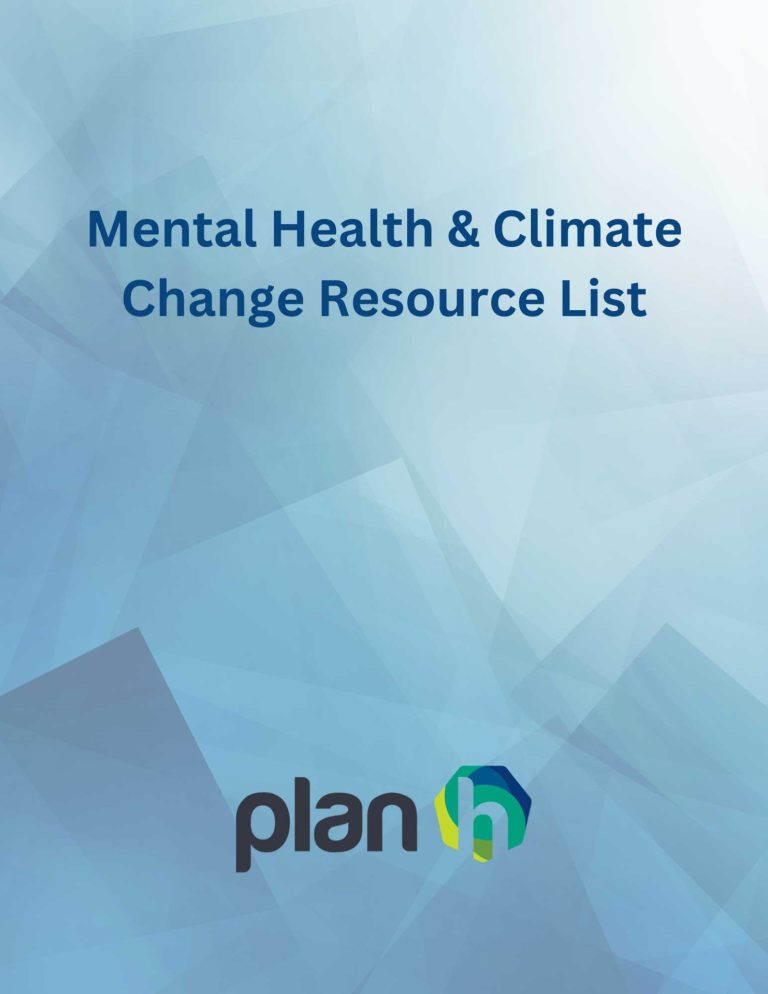
PlanH & BC Healthy Communities Resources for the webinar Climate Change and Well-being: Building Resilience Through Social Connectedness

A wide-ranging list of resources on equity compiled by BCHC staff.
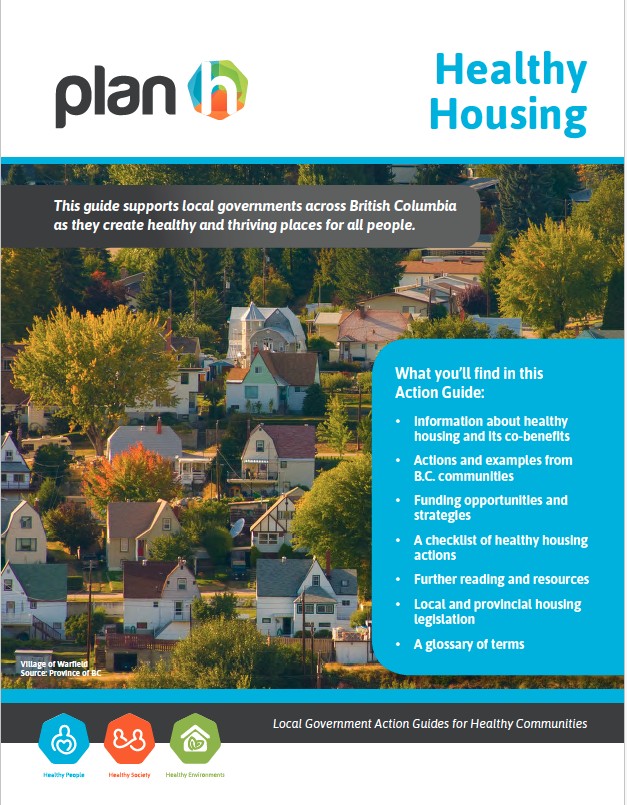
BC Healthy Communities is excited to announce the release of the newest addition to our PlanH Action Guide series: The Healthy Housing Action Guide. The new guide explores ways that communities can bring an equity and health lens to housing policies and includes definitions, case studies, funding information, legislation, and actions that local governments can take to support healthy housing…
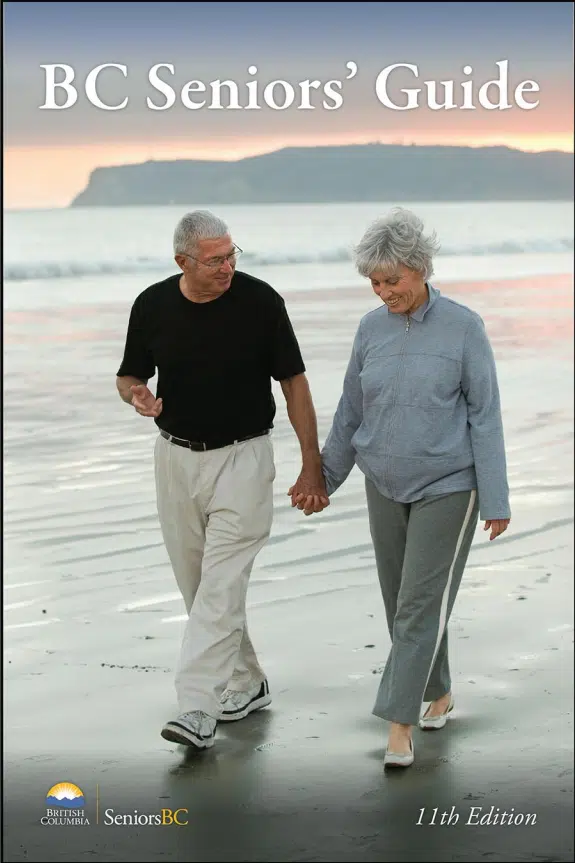
The BC Seniors’ Guide includes information and resources on benefits, healthy living, health services, housing, transportation, personal security, finances, and other services. In addition, there is a listing directory at the end of the guide, and questions in each section to consider as older adults plan to remain as healthy and independent as possible as you…
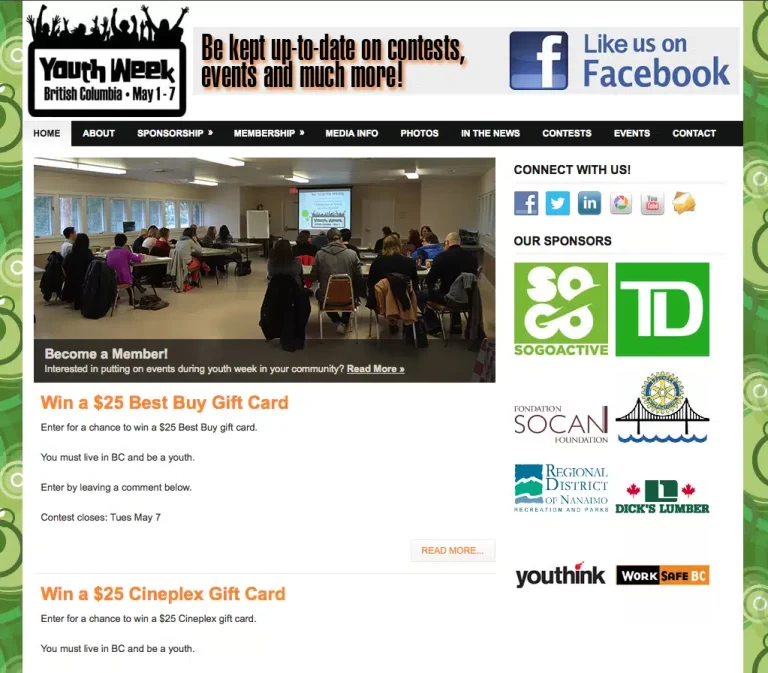
Provides the history of Youth Week in British Columbia, news articles about youth day events throughout British Columbia, and a list of events by community.– Youth Week British Columbia
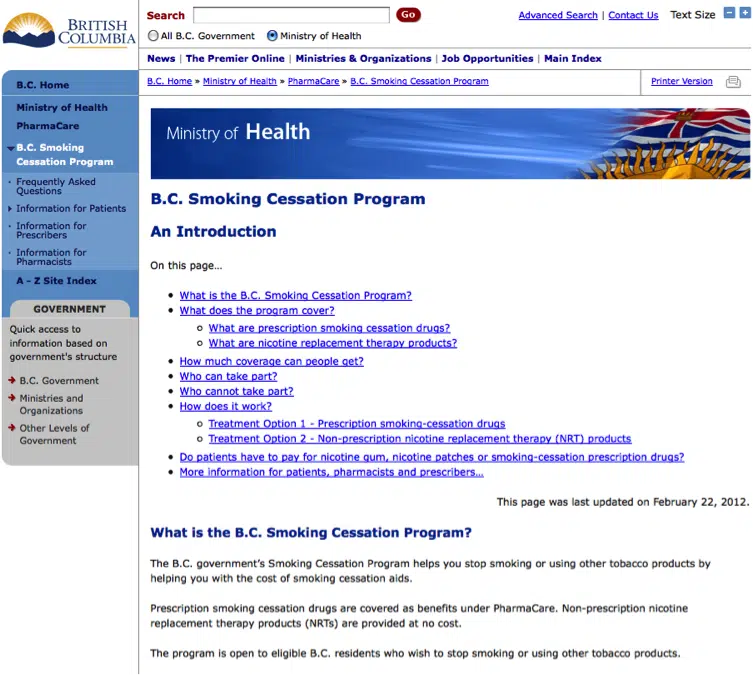
Helps individuals to stop smoking or using other tobacco products by assisting with the cost of smoking cessation aids.– Ministry of Health